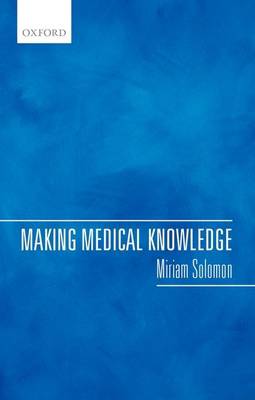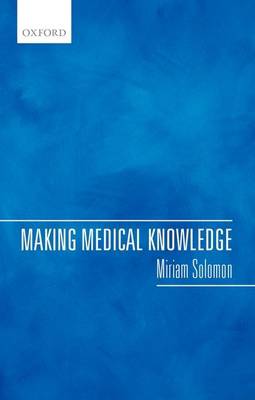
- Afhalen na 1 uur in een winkel met voorraad
- Gratis thuislevering in België vanaf € 30
- Ruim aanbod met 7 miljoen producten
- Afhalen na 1 uur in een winkel met voorraad
- Gratis thuislevering in België vanaf € 30
- Ruim aanbod met 7 miljoen producten
Zoeken
Omschrijving
How is medical knowledge made? There have been radical changes in recent decades, through new methods such as consensus conferences, evidence-based medicine, translational medicine, and narrative medicine. Miriam Solomon explores their origins, aims, and epistemic strengths and weaknesses; and she offers a pluralistic approach for the future.
Specificaties
Betrokkenen
- Auteur(s):
- Uitgeverij:
Inhoud
- Aantal bladzijden:
- 278
Eigenschappen
- Productcode (EAN):
- 9780198732617
- Verschijningsdatum:
- 2/04/2015
- Uitvoering:
- Hardcover
- Afmetingen:
- 147 mm x 226 mm
- Gewicht:
- 470 g

Alleen bij Standaard Boekhandel
+ 270 punten op je klantenkaart van Standaard Boekhandel
Beoordelingen
We publiceren alleen reviews die voldoen aan de voorwaarden voor reviews. Bekijk onze voorwaarden voor reviews.







